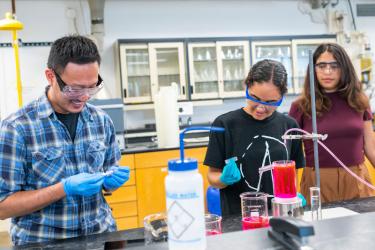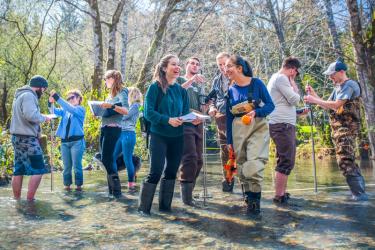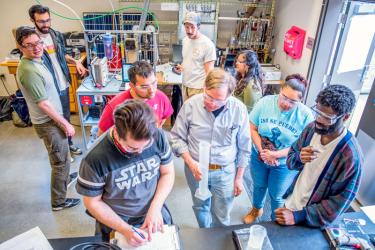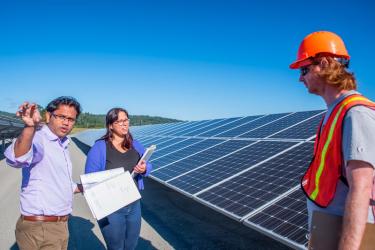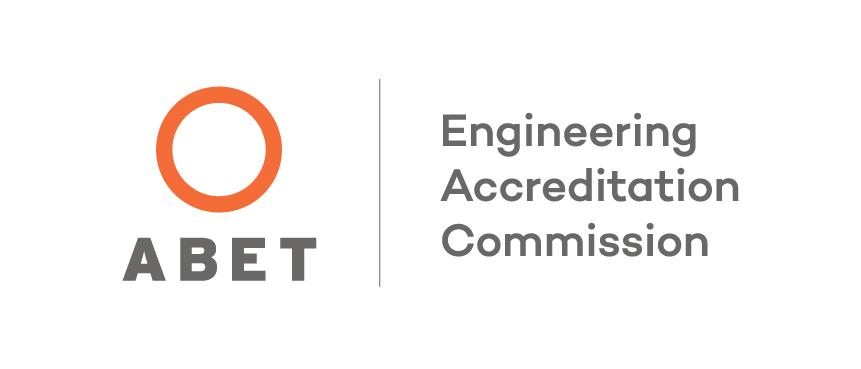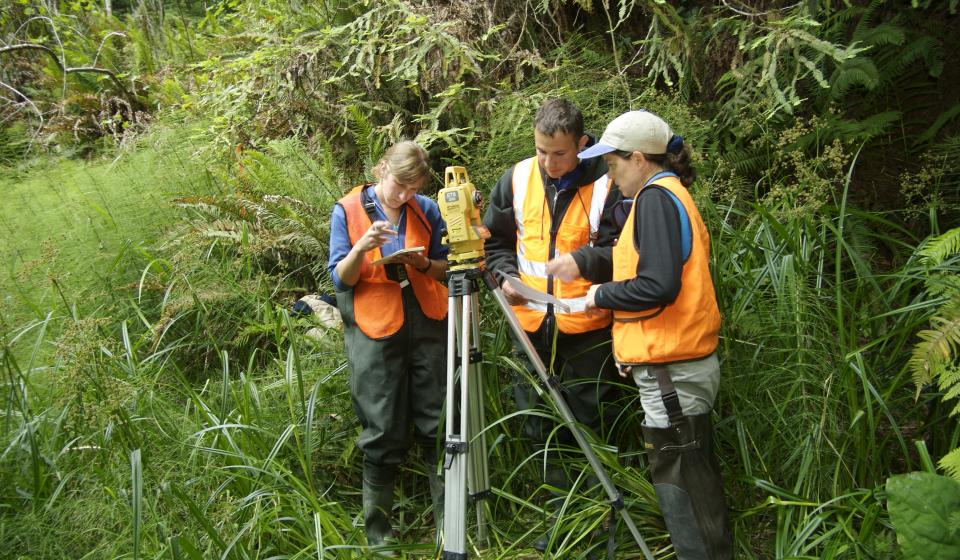Program Information
Mission Statement
The program’s purpose is to educate students to investigate, evaluate, and solve complex environmental resources engineering problems. The program prepares responsible leaders who will sustain, restore and protect our natural resources for the environment and communities.
Program Educational Objectives
Program educational objectives describe what an ERE graduate should be able to do in the years following graduation from the ERE program. The four ERE program educational objectives are to train and develop graduates to:
- Apply engineering analysis and design to investigate, evaluate, and solve critical environmental resources problems, while protecting, restoring and sustaining the environment and communities who depend on access to natural resources.
- Practice engineering with the highest professional standards, demonstrating respect for social, ethical, cultural, environmental, economic, and regulatory concerns.
- Continue their professional development by obtaining engineering licensure and other certifications, completing postgraduate study, and continually advancing their knowledge and skill base.
- Demonstrate leadership in the profession as well as in diverse and interdisciplinary team settings, drawing out the best in their co-workers and effectively communicating and collaborating with a range of stakeholders and the public.
Student Outcomes
The ERE program has seven educational outcomes. Program outcomes foster attainment of the program educational objectives. Program outcomes describe what an ERE graduating senior should be able to do upon graduation.
- an ability to identify, formulate, and solve complex engineering problems by applying principles of engineering, science, and mathematics
- an ability to apply engineering design to produce solutions that meet specified needs with consideration of public health, safety, and welfare, as well as global, cultural, social, environmental, and economic factors
- an ability to communicate effectively with a range of audiences
- an ability to recognize ethical and professional responsibilities in engineering situations and make informed judgments, which must consider the impact of engineering solutions in global, economic, environmental, and societal contexts
- an ability to function effectively on a team whose members together provide leadership, create a collaborative and inclusive environment, establish goals, plan tasks, and meet objectives
- an ability to develop and conduct appropriate experimentation, analyze and interpret data, and use engineering judgment to draw conclusions
- an ability to acquire and apply new knowledge as needed, using appropriate learning strategies.
Student Enrollment and Success
The Humboldt Office of Institutional Research and Planning provides regular updates of student statistics and success. The reports linked below provide:
- A summary of ERE enrollment and demographics
- Graduation rates and numbers of degrees granted
- Retention and graduation rates of all majors at Humboldt
- Six Year Graduation rates by major - search for “Environmental Resources Engr"
How to Apply
So environmental resources engineering sounds interesting, but you are still not sure if Humboldt is right for you? Explore what Humboldt has to offer to both freshman and transfer students.
Paperwork
For paperwork and forms such as major and minor contracts, course planning guides, semester schedules, course rotations, office hours and more, visit our forms page!

